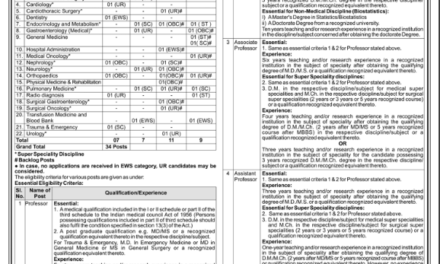June 18, 2024 — While the majority of doctors maintain professional conduct, a recent study reveals that surgeons are the most likely to be reported for unprofessional behavior. Conversely, physicians working in pediatric settings are the least likely to receive such reports, according to an analysis involving over 35,000 physicians.
Published on June 6 in JAMA Network Open, the study discovered that less than 10% of physicians were reported by their coworkers for at least one instance of unprofessional behavior. Notably, only 1% exhibited a pattern of such behavior. The data for the study was sourced from the Center for Patient and Professional Advocacy’s (CPPA) Coworker Observation Reporting System (CORS) program, which involves 193 hospitals and practice sites nationwide.
Surgeons Under Stress
The retrospective cohort study, which included deidentified data on credentialed physicians practicing at CORS sites between 2018 and 2022, was led by Dr. William O. Cooper, director of the CPPA at Vanderbilt University Medical Center.
The study’s authors speculate that the high-stress environment of surgery, which demands extensive teamwork during critical situations, contributes to the higher incidence of unprofessional behavior among surgeons. Dr. Daniel Katz, professor and vice chair of education for the Department of Anesthesiology at the Icahn School of Medicine at Mount Sinai, New York City, emphasized that surgeons face immense pressure to perform flawlessly. “When things outside their control don’t go well, it can lead to frustration and negative emotions, triggering unprofessional behaviors,” Katz explained.
Common Misbehaviors
Reported behaviors primarily involved disrespectful communication or lack of professional responsibility. For instance, one physician referred to a coworker as a “bossy cow” when reminded about a procedural protocol. In another instance, a physician dismissed the suggestion to wait for a patient’s spouse, indicating a disregard for professional responsibility.
Less common were reports related to medical care or professional integrity. One physician was reported for removing a catheter without gloves, resulting in unsanitary conditions. Another case involved a physician billing at the highest level for a brief patient interaction, raising concerns about integrity.
Impact on Patient Care
Unprofessional behavior extends beyond unpleasantness; it threatens team dynamics and can lead to increased patient complications. Additionally, such behaviors are linked to higher malpractice claims. “Unprofessional behavior is detrimental not only to patients but to the profession as a whole,” Katz remarked.
He highlighted that the intense pressure in the healthcare environment, marked by administrative burdens and staffing shortages, contributes to stress and burnout among healthcare personnel. “Fixing the system to create a supportive working environment is crucial,” he added.
Addressing the Issue
The goal of the CORS program and this study, Cooper noted, is to help physicians manage stress better and promote professional behavior. However, the study acknowledged some limitations, including the potential for unreported behaviors due to fear of retaliation and the absence of gender-specific data, although previous research indicates women are less likely to be reported for unprofessional conduct.
This study underscores the need for systemic changes in the healthcare environment to reduce stress and support professional conduct among all physicians, particularly those in high-pressure specialties like surgery.
4o











